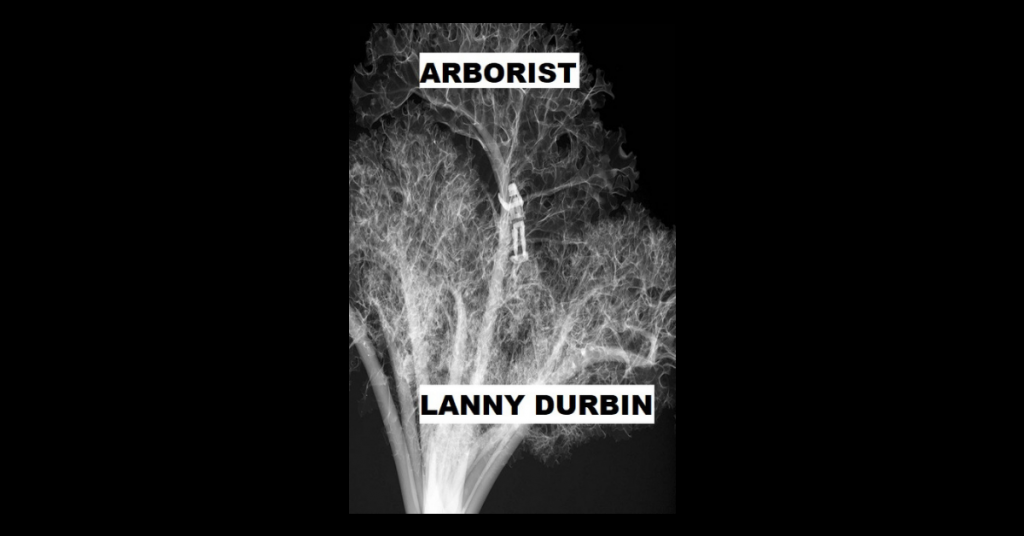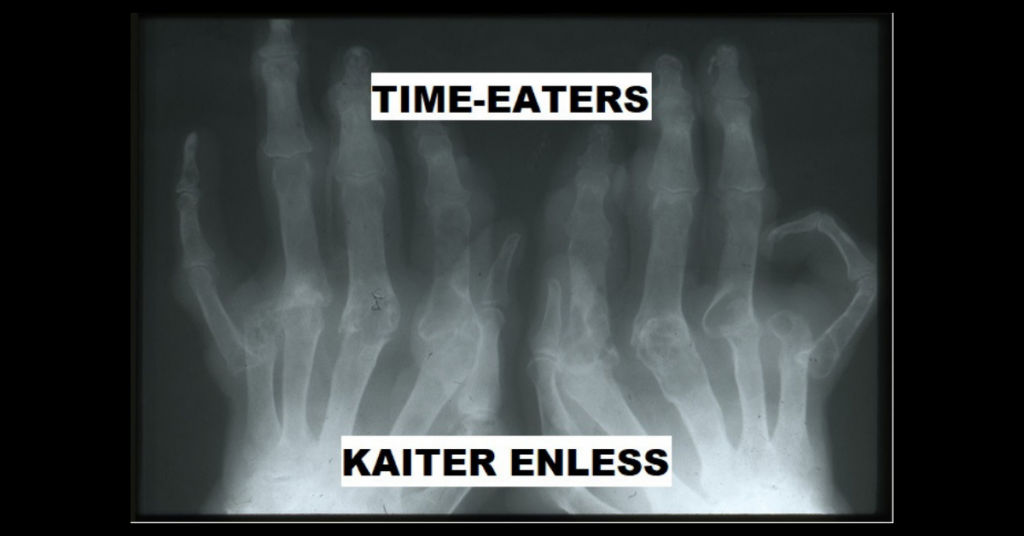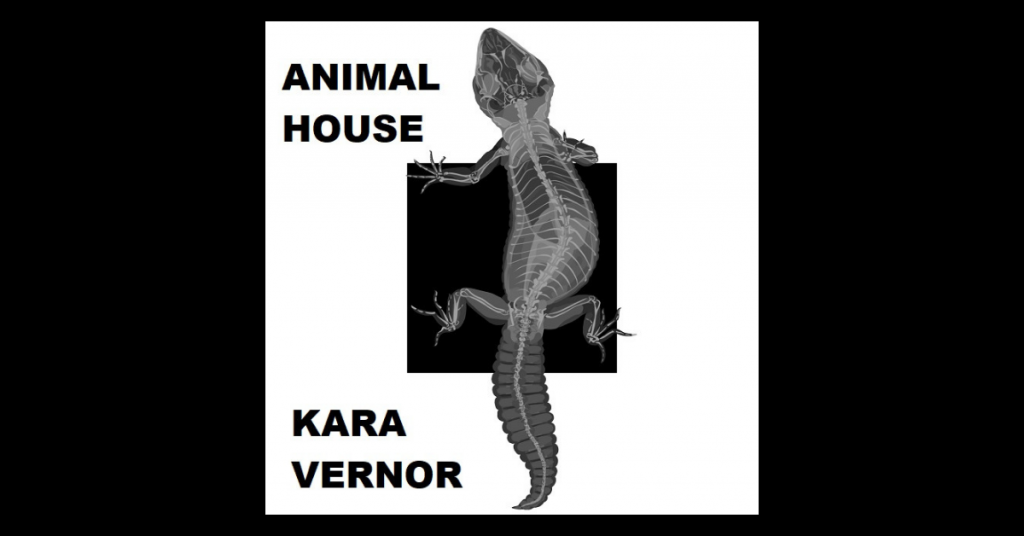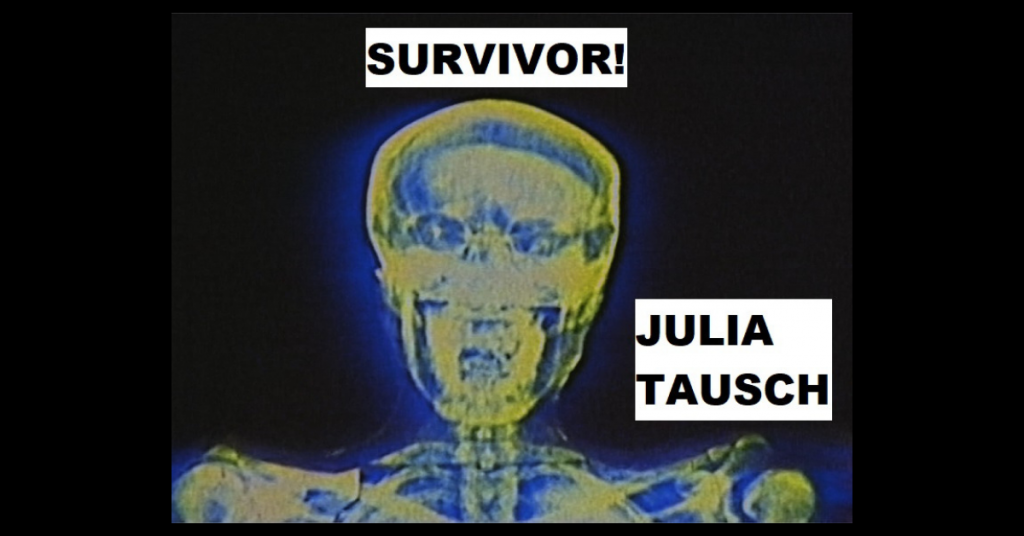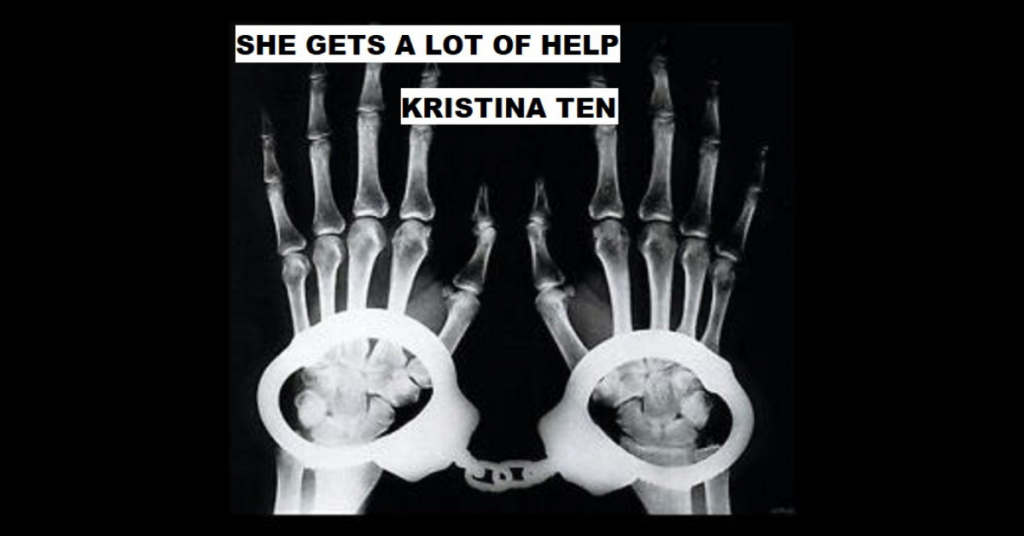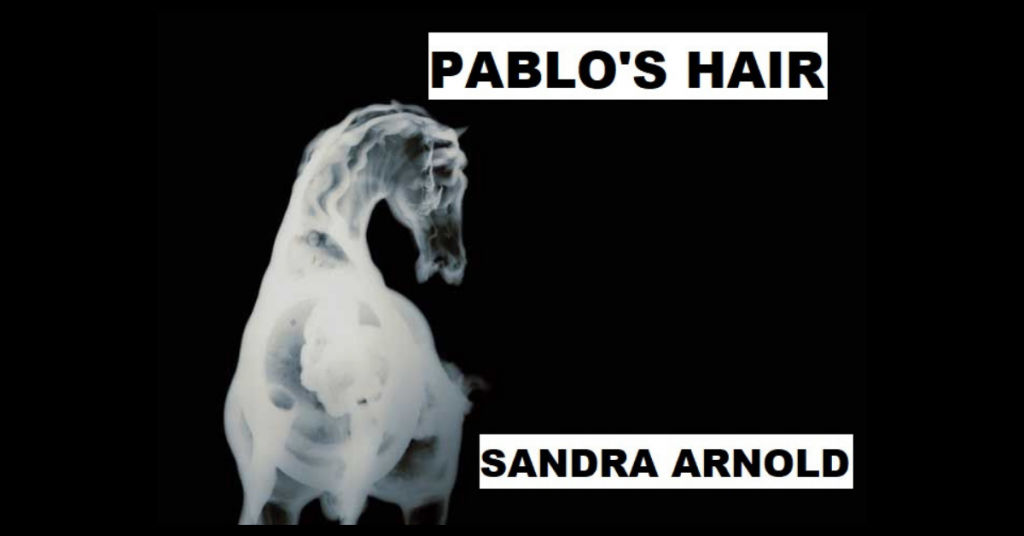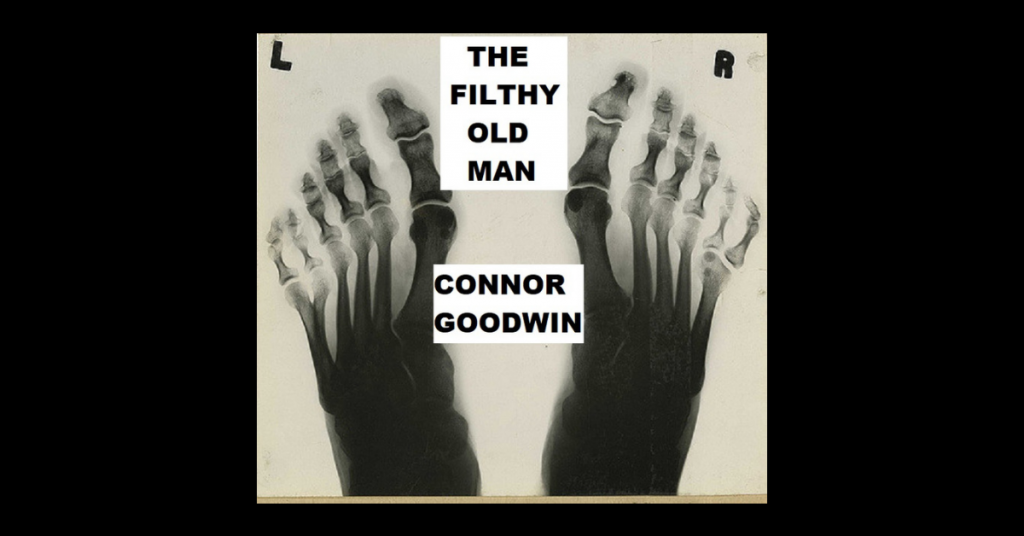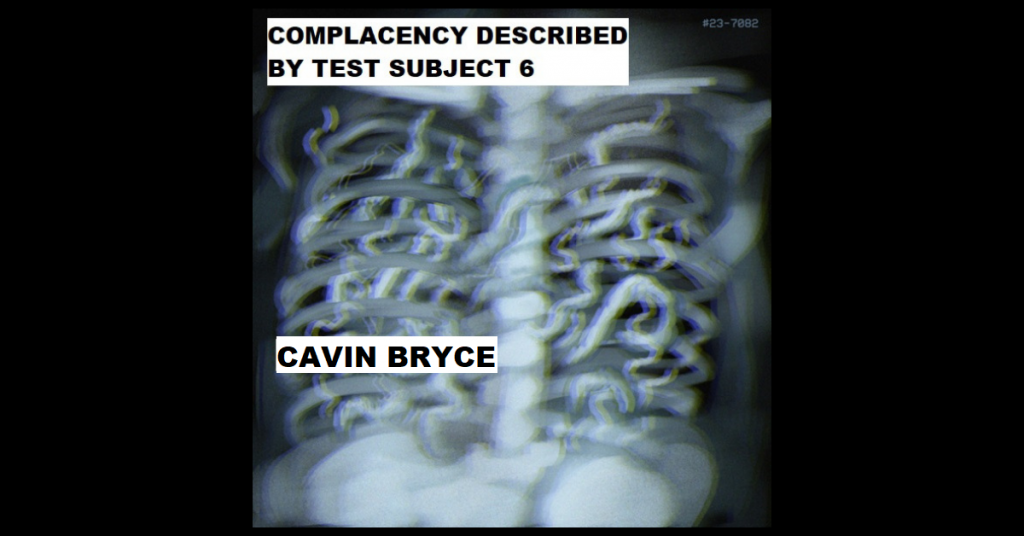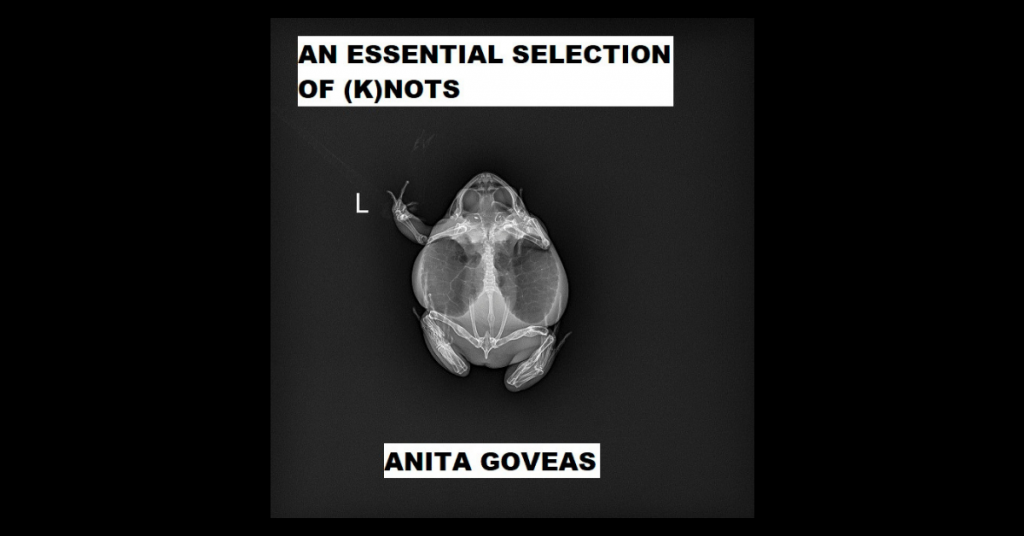
A SELECTION OF ESSENTIAL K(NOT)S by Anita Goveas
How to tie a Slip Knot A simple loop in a piece of rope, this functions well by itself on the surface. It’s easy to undo, remake. The void it creates is reaching out for something, wanting purpose, to be entwined. Some may tell you it cannot be defined, but these are the people who tell tales of elusive mermaids and fiercely protective sea-serpents. How to tie the Fisherman’s Knot Tie a loose knot with the working end of a rope around another rope. Best used to tie two separate but equal pieces together quickly, but not so quickly that…

